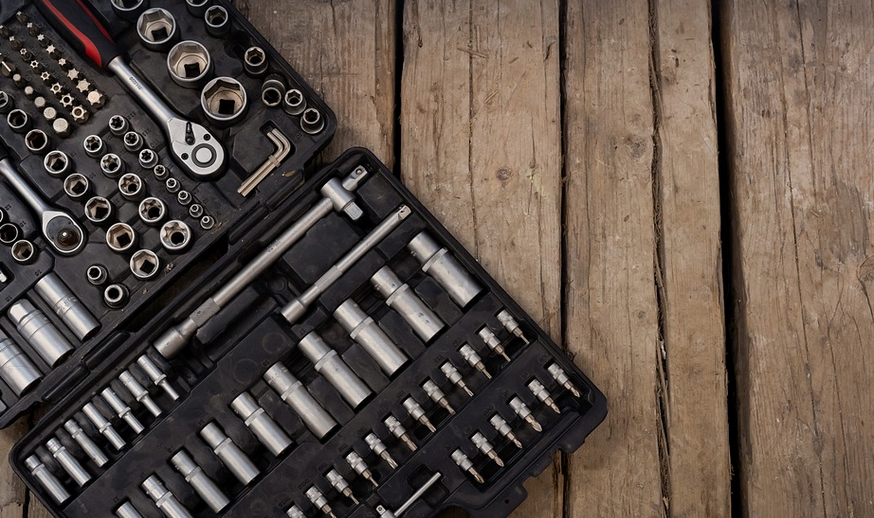Understanding the Importance of Your Fuel Pump
Your car’s fuel pump is a unsung hero, quietly working behind the scenes to deliver the very lifeblood that keeps your engine humming – gasoline. It’s a complex system involving intricate components and processes, constantly working to ensure you get from point A to point B without any hiccups. But even these robust systems can experience wear and tear over time. When they don’t function as intended, it can be quite frustrating, leading to various symptoms.
So, how can you spot those telltale signs of an ailing fuel pump? It’s not always easy to pinpoint the issue until your car starts acting up.
The good news is that understanding common symptoms of a failing fuel pump can save you from major headaches down the road.
Decoding Common Fuel Pump Symptoms
There are a number of indicators that could point towards a faulty fuel pump. It’s important to note that these symptoms might not always point to problems with your fuel pump alone, so it’s always best to have a mechanic diagnose the issue for you.
One of the most obvious signs is loss of power or acceleration**. This could manifest as sluggish performance during acceleration or even stumbling when trying to accelerate. You may also notice a noticeable drop in engine RPMs and feel like your car takes longer than usual to reach higher speeds.
Another common symptom is a **decrease in fuel efficiency**, leading to the dreaded “empty tank” feeling sooner than expected. Often, this will be accompanied by an increase in fuel consumption – you’re driving more miles per gallon, but it seems like your car just isn’t getting as far on the same amount of fuel.
If your car suddenly starts experiencing **hesitation or stalling** while idling or accelerating, there could be a problem with the fuel pump. It might sound like a dying engine, leading to jerking and surging when driving at low speeds. This sputtering can signal that your fuel pump isn’t delivering fuel smoothly, leading to inconsistent combustion.
Further, if you **hear grinding or clicking noises** from under the hood, especially when starting the car, there could be an issue with the pump’s internal mechanism. The noise may indicate a mechanical failure within the pump or even more serious issues like worn-out seals or bearings.
If your fuel pump is malfunctioning, it can also **cause strange smells** coming from under the hood while driving. A burning smell could be an indication that there’s something overheating in the system, and a sweet or metallic odor might suggest that fuel is leaking into other areas of the car.
A Diagnostic Checklist for Your Fuel Pump
If you notice any of these symptoms, it’s important to address them as soon as possible. A faulty fuel pump can lead to significant problems down the road if left unaddressed.
“A simple check-engine light or rough engine start doesn’t always mean there is a serious issue,” notes a mechanic at a local garage. “You should get your vehicle checked by a professional as soon as possible, especially if you experience any of these symptoms.”
Here’s how to approach the problem:
- Read the Check Engine Light:** It’s crucial to consult your car’s owner manual for more information on your specific model and what the check engine light could mean. There are often codes that can be read through a scanner or OBD-II port.
- **Listen for Grinding or Clicking Sounds** If you hear any unusual noises, take note of it. This could help pinpoint the problem faster.
- Check your Fuel Gauge:** If your car is not running as smoothly as usual and you’re noticing a drastic decrease in fuel efficiency, consider checking the fuel gauge to see if there are any significant discrepancies.
- **Consult Your Mechanic:** For accurate diagnoses, it’s always best to take your vehicle for a check-up at a trusted mechanic. This is crucial to prevent further complications and ensure you receive expert advice on how to proceed.
The fuel pump is a vital component of any car’s engine, but even the most robust systems will eventually fail. Ignoring even mild symptoms can lead to more serious issues down the line. By staying vigilant and taking proactive steps to identify potential problems early on, you can enjoy the smooth ride you deserve without unnecessary stress.
Note: This is a sample blog post and should be considered for informational purposes only. It does not constitute professional advice on car maintenance or repair.
